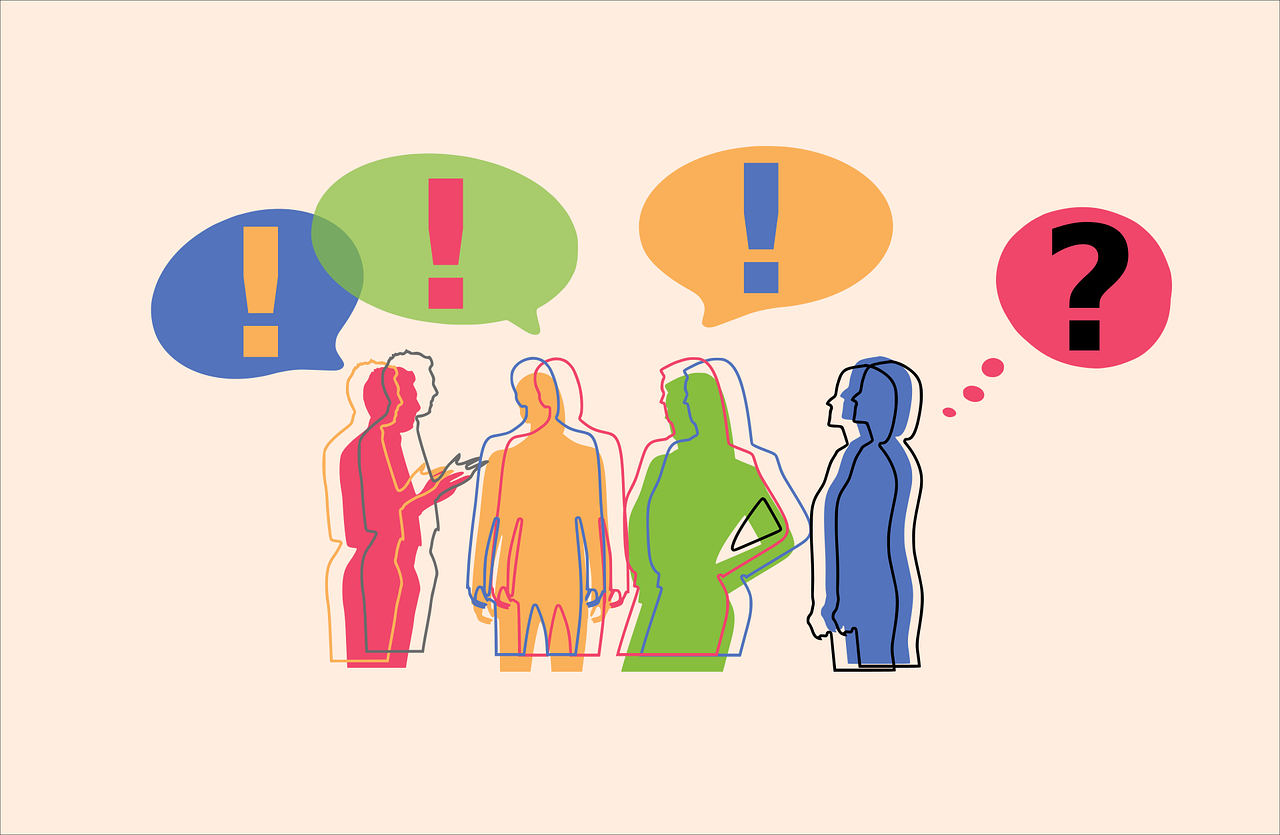
The Oral Expression course is a fundamental course for foreign language students. It is in these classes that students get the chance to learn and practise their target language.
This oral expression course is designed for first-year undergraduate students of English. It is centred on the study and the practice of the speech skills of the English language. The course comprises of four chapters.
The first chapter focuses on the listening skill. It exposes students to spoken language used in different real-life situations through audio/visual aids. Exposure to these videos/audio recordings enables you to acquire, and later use new vocabulary related to various real-life situations such as words used to speak about the use and abuse of drugs and the new phenomenon of the human library.
The second chapter focuses on the speaking skill. While in this chapter students will also be exposed to video/audio recordings, they will be given more time for discussion. Students are encouraged to critically engage with the knowledge learnt from the audio/visual aids and to later create their own dialogues/presentations using the new language items (such as expression for expressing regret, and vocabulary related to the topic of mental health) that they learnt throughout the sessions.
The third chapter “Vocabulary” offers students a wide range of collocations and idioms which enrich their language repertoire. Students get the chance to learn the meaning of these language items in a context of a real-life situation (from a video that they watch, a story or a dialogue that they read, etc.). Students will then practise using the idioms and collocations in discussions with their colleagues.
The fourth and final chapter focuses on functional language. This chapter offers students language tools that enable them to use language to perform various functions such as asking for and giving opinion, making predictions, and describing people, things, and places.
- Dr.: leyla bouallegue